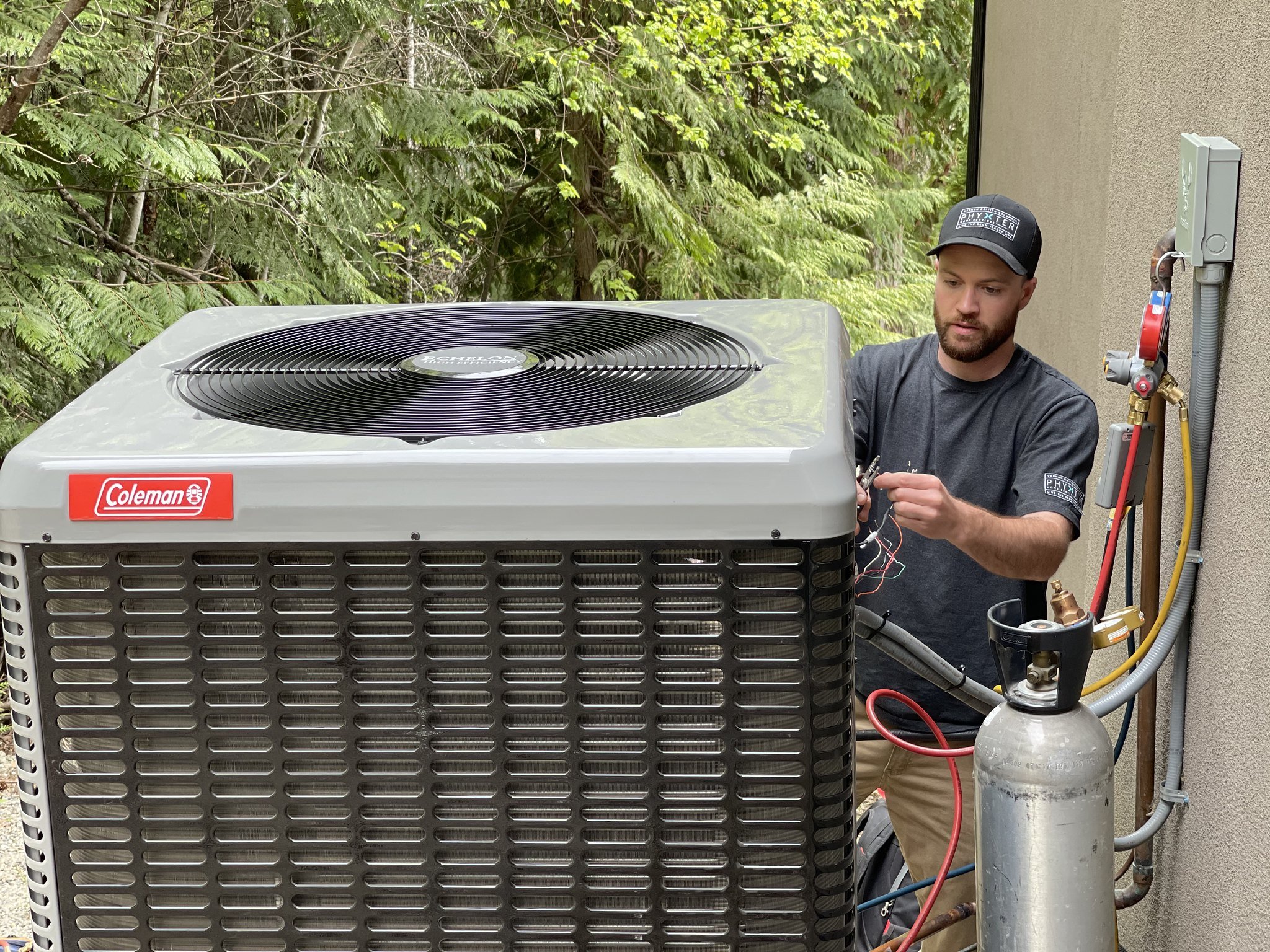Oxford study proves heat pumps triumph over fossil fuels in the cold::Published Monday in the scientific journal Joule, the research found that heat pumps are two to three times more efficient than their oil and gas counterparts, specifically in temperatures ranging from 10 C to -20 C.



The Oxford study is really good. But I can’t say the same about this article.
A COP of ~2 is not great for a heat pump, calling this a triumph is really weird. But from a journalist saying that a COP above 1 means the heat pump “creates energy”, I am not sure I should have expected more.
But what’s great is that this COP of 2, while bad, is not catastrophic. That’s still in territory where gas boilers are more cost efficient that a heat pump, but unless you are living in a place that is consistently under -10C for several months, then a heat pump has overall lower running costs than a gas boiler. And you are starting to hit pretty northern territories with this.
What’s important is also to be able to store heat during the day so that the heat pump runs at its most efficient time. But that can unfortunately coincide with the higher consumption time, so the timing needs to be adjusted properly to avoid using it during consumption peaks.
Even the study could have used some better clarification on geothermal HVACs, which is the direction we should all be heading towards:
No, why?! Gimme the COP on geothermal. Google tells me it’s 3 to 5, but I would have liked a better source.
Regardless, while I understand that we should spread out our solutions, I don’t understand why we’re not talking more about geothermal HVAC systems. Household solar is all the rage, but my gas company is still charging me $25 a month just to have the gas on, never mind the winter costs.
If we’re talking about $5K a hole to dig for geothermal, that seems like a hell of a lot more cost-effective solution than either gas-based HVACs, or these air-based heat pumps. If it’s an area with only mild winters, you probably only need the one hole, which will last for 100 years at least. At most, we’re talking about 3-4 holes for a large house in Canada, and that’s going to pay for itself in 10-15 years.
Geothermal has advantages, but air source is getting so good that it’s really becoming a niche.
Spending $5K on insulation or heat recovery ventilation will be more effective than spending it on a hole.
I saw an awesome home refurbishment in Montreal, they just went all-in on insulation. The heating was just done with a 500W resistive heating coil, just for the coldest days. They didn’t even have a heat pump, except for the heat pump boiler. The heat recovery ventilation did the rest.
What if you already have good insulation? It’s already well-known that old houses have shit insulation, so of course it’s worth investing money into that if you already need it. But, even heating a new house can be expensive.
If you have good insulation then the weakest link is usually heat lost through ventilation, or an inefficient heating system.
Ground source heat pumps have their place, but it’s really a niche. It is possible to cheaply heat a home without them.
What is HRV? I thought it meant a ground loop heat exchanger. I’ve heard about it in the passivhaus model but don’t understand it.
Houses need fresh air and need to expel dirty air.
The dirty air is warm, while the outside fresh air is cold. With heat recovery ventilation, the heat is transferred into the incoming air and the exhaust air becomes cold. This warms up the air in a very efficient manner.
It can also be combined with a heat pump to extract even more heat out of the exhaust.
You just contradicted yourself… what did you mean here?
Electricity is 3x the cost of gas, so unless the heat pump has the COP of 3 or above it is more expensive to run. Once you factor in the high cost of installation people aren’t installing these things to save money.
It’s not a contradiction if you put my whole sentence. When it is really cold, a heat pump will be more expensive than a gas boiler. But over a full winter (hence “overall”), the period where it is more efficient make up for it, especially since that when it is bad, it is not that bad.
But you are right to mention the high cost of heat pumps. I would not advise anyone to get a heat pump with a goal of saving money, the return on investment is slow and rather small.
I don’t agree with generalizing that ROI is slow and small. There are too many variables here specific to each market, location, and home. Someone with an old propane or oil boiler that is already planning to buy a new AC will absolutely see massive ROI going with a heat pump. In the US, federal standards will make furnaces more expensive (condensing only soon) and heat pump costs can be heavily subsidized. I bought a new HP that was cheaper than my neighbors new AC/furnace after incentives, and my running costs will be lower.